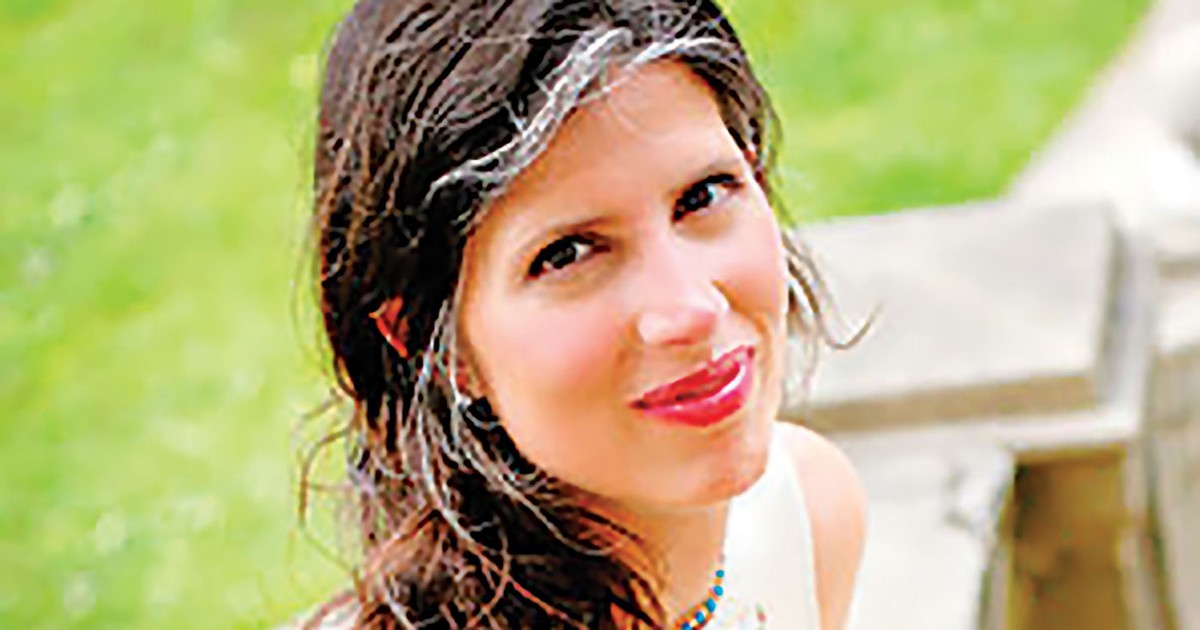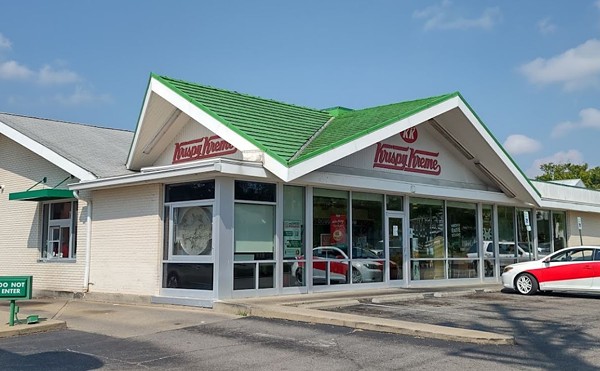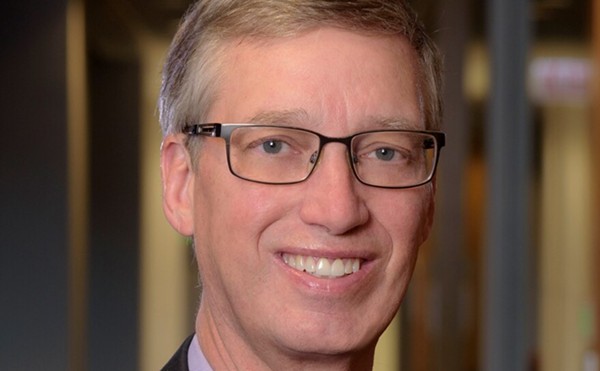A marriage counselor was the first person to turn me onto the concept of people being “at capacity.” Maybe it manifests itself as walking out of a room during an argument because one knows one will react negatively if one stays, or maybe it’s a spouse or parent who leaves a marriage, or abandons a child, because he or she doesn’t have whatever it takes to endure.
Heavy stuff, indeed, but the other side of it is that there are people who may check out, or choke, or have capacity foisted upon them, only to prevail, because of a combination of grit, fate, genetic predisposition or divine intervention.
What factors set us up to bounce forward after a setback? Moreover, can we learn how to expand our “capacity”?
When I was a member of the board of directors for Blessings in a Backpack, the director made sure we were even more inspired to feed kids when we left our annual meetings. An “orphan,” by his own account, he was attuned to not only abandoned and homeless kids, but how they survived — and thrived. Of particular note, was the story I heard of a homeless teen who studied in the stairwells in Manhattan, hungry and alone, who would later graduate from Harvard University and share her message with others.
I’ll have what she’s having, right?
When I found myself at Derek Anderson’s fundraiser for his AOK Stamina Foundation recently, I couldn’t help but remember other kids’ stories of overcoming circumstances many adults couldn’t navigate with antidepressants, alcohol, pot, pills, health insurance and a multitude of support groups. Anderson, an NCAA champ in 1996 when he played for UK, told the audience he learned kindness as a means to an end when he was hungry and alone and locked out of his house as a child.
He went to the grocery and began asking shoppers if he could carry and load their groceries. After receiving a few thanks, without any money in exchange, he learned to ask for change and was able to muster a few dollars for a meal at KFC, he said. He was about to pay for his meal but stopped when he realized he would have no more food and maybe no more money for food after that meal if his parents didn’t return home. Instead of KFC, he went to Winn-Dixie and bought a loaf of bread and bologna. His parents didn’t return home.
He was 11.
The AOK in Anderson’s Stamina Foundation is an acronym for Acts of Kindness. Its tag line is “Everything is AOK.” Its mission is to lift people up via teaching kindness as a survival skill and as economics 101. Anderson wants you to #LeaveMoreThanYourName as a legacy. His mission is to teach kids how to fill the gap between what they learn in school and real life: how to get a job, how to pay bills and how to act with common courtesy, he said. Politeness as survival has nothing to do with education or job training, according to Anderson.
Kindness, he said, was “a common fact of how we survived in our community.” Paying homage to Muhammad Ali, Anderson said “Everything Ali did was to help other people. He went out of his way to make people feel loved. A real man can actually be a man who is kind all the time. You don’t have to be tough.”
Or alone.
Anderson said “I didn’t do this on my own. Nothing I did was on my own.”
What’s the key to expanding capacity and bouncing forward then? What makes the resilient, resilient? “Community,” does, according to Dr. Ashley Miller, who is Anderson’s fiancée and a force of nature. She said the definition of community is joint ownership. Combined with personal responsibility and kindness, that’s the one-two-three punch that underlies thriving, according to the couple.
In the wake of 91 homicides in Louisville as of Oct. 14, can community, personal responsibility and kindness really be enough to make a difference in kids’ lives, or just a saccharine sentiment from a set of do-gooders? “Talk is cheap,” Anderson said. It’s your actions that form your legacy. When people ask why he smiles so much, he asks them “Why are you not smiling?” he said. “You can’t get a job without people liking you. You can’t keep a job without people liking you.”
That my friends, you can take to the bank.






